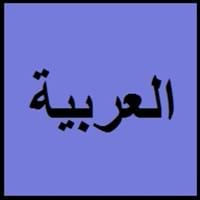Portuguese and Arabic
- Portuguese language has absorbed many words from French, Italian, Arabic and also from indigenous South American and African languages.
- The first written document in Portuguese language was found in the 12th century.
- Arabic is 5th common language in world.
- Classical Arabic is the language of Quran and also it is official language. Classical Arabic is the only way to learn Arabic language in academic way and it does not change.
All Portuguese and Arabic Dialects
Most languages have dialects where each dialect differ from other dialect with respect to grammar and vocabulary. Here you will get to know all Portuguese and Arabic dialects. Various dialects of Portuguese and Arabic language differ in their pronunciations and words. Dialects of Portuguese are spoken in different Portuguese Speaking Countries whereas Arabic Dialects are spoken in different Arabic speaking countries. Also the number of people speaking Portuguese vs Arabic Dialects varies from few thousands to many millions. Some of the Portuguese dialects include: Brazilian Portuguese, European Portuguese. Arabic dialects include: Maghrebi , Sudanese. Also learn about dialects in South American Languages and North American Languages.
Portuguese and Arabic Speaking population
Portuguese and Arabic speaking population is one of the factors based on which Portuguese and Arabic languages can be compared. The total count of Portuguese and Arabic Speaking population in percentage is also given. The percentage of people speaking Portuguese language is 3.27 % whereas the percentage of people speaking Arabic language is 4.43 %. When we compare the speaking population of any two languages we get to know which of two languages is more popular. Find more details about how many people speak Portuguese and Arabic on Portuguese vs Arabic where you will get native speakers, speaking population in percentage and native names.
Portuguese and Arabic Language Codes
Portuguese and Arabic language codes are used in those applications where using language names are tedious. Portuguese and Arabic Language Codes include all the international language codes, glottocodes and linguasphere.





